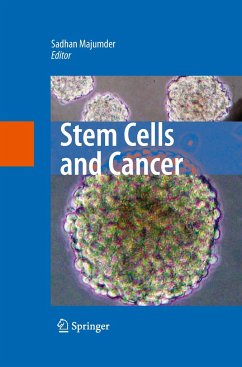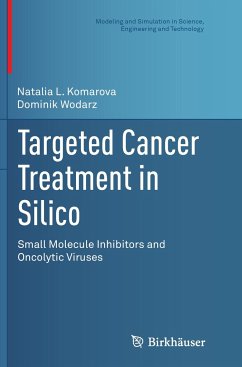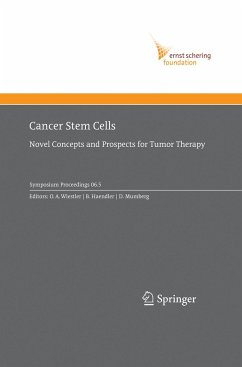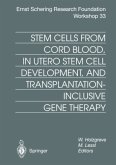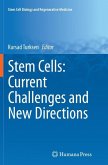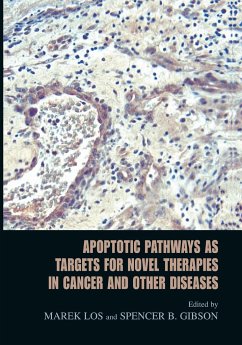Cancer is a primary cause of human mortality worldwide. Despite decades of basic and clinical research, the outcome for most cancer patients is still dismal. Some stumbling blocks to developing effective therapy include the heterogeneity of cancer tissues, the lack of knowledge about the critical molecular mechanisms in cancer tissues (which are typically aberrant compared with mechanisms in normal tissue), and the lack of good mechanism-based therapeutic approaches. The recent findings that most cancers contain a small fraction of self-renewing, differentiation-blocked stem cell-like cells (cancer stem cells) and that it is these cells-and not the major bulk of the tissue-that are the root cause for cancer initiation and metastasis have also highlighted the need to change our approach to cancer therapy.
The objectives of this book, therefore, would be to impart up-to-date information about the role of stem cells in the development of normal and cancerous tissue, the mechanisms that differentiate normal from cancerous functions, and the use of these findings in developing mechanism-based therapies.
The objectives of this book, therefore, would be to impart up-to-date information about the role of stem cells in the development of normal and cancerous tissue, the mechanisms that differentiate normal from cancerous functions, and the use of these findings in developing mechanism-based therapies.

